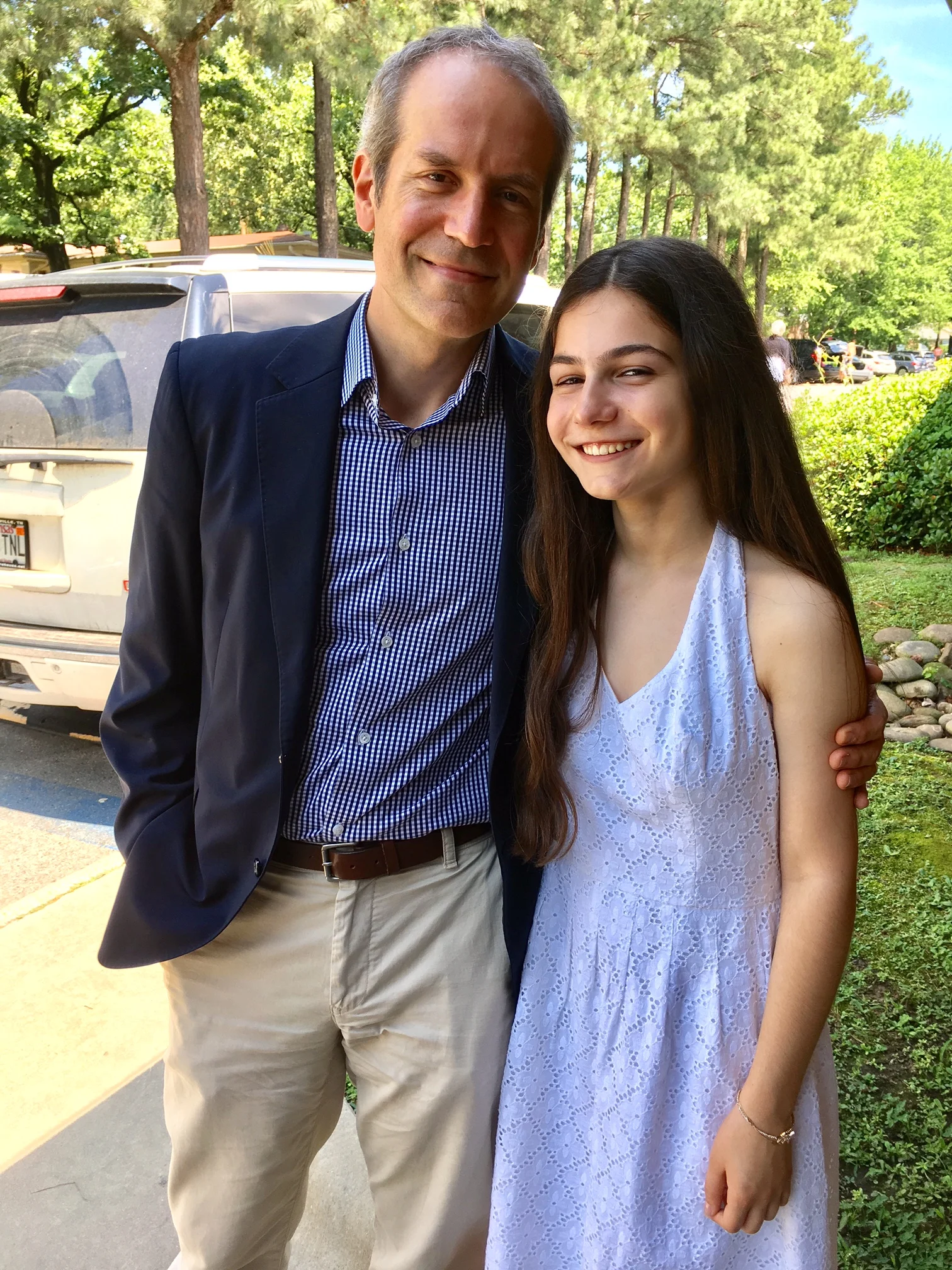Nouwen, Rohr: Choices
“Choices make the difference. Two people are in the same accident and severely wounded. They did not choose to be in the accident. But one of them chose to live the experience in bitterness, the other in gratitude. We have very little control over what happens in our lives, but we have a lot of control over how we integrate and remember what happens.” Henri Nouwen, Henri Nouwen Society Daily Meditation, from Bread for the Journey by Henri Nouwen 1997 HarperSanFrancisco.
Henri Nouwen speaks to me with this mediation. It defines my life, and I share with others when the time seems right. When people come and talk about a great tragedy in their life, my job as their spiritual director is just to listen, listen, listen actively, but when the time is right, some distance from the tragedy, I ask them to keep looking for the blessing, the gold which may have come out of this awful situation.
This is resurrection, looking for resurrection from a Good Friday experience. God always redeems us. I then share a little of my story. On a rainy January night, Friday, the 13th when I was a junior in medical school, I was in a car accident. I was driving a little red VW bug and was hit by a drunk driver in a black Cadillac. I sustained multiple injuries to my knees, back, and ankles that have left me with significant mobility issues then and still almost fifty years later. My blessing: I had to recover and leave medical school for six months and then drop back into a class where I later met my husband Robert. We never would have known each other if the accident had not happened. Words do not describe what a blessing he is in my life. My injuries are minor compared to the blessing of his love and care and presence as well as for our three children and six grandchildren.
Richard Rohr says it better than I: “The trajectory of history is positive. God is saving history, not just individuals. Inside this evolutionary trajectory, we can see that even ‘evil’ and suffering will be used for good; they are the friction against which evolution’s wheels turn toward wholeness and new forms of life.” (Adapted from Richard Rohr, A Spring Within Us: A Book of Daily Meditations (CAC: 2016), 110-111.)
Joanna joannaseibert.com


